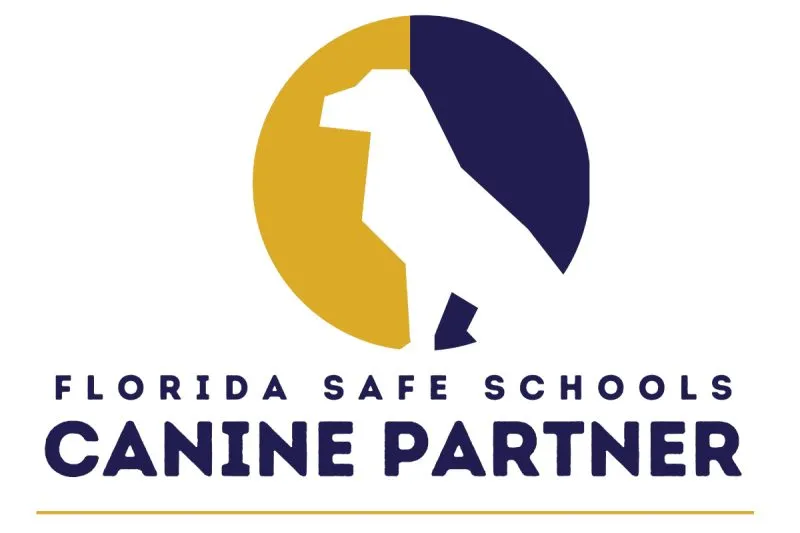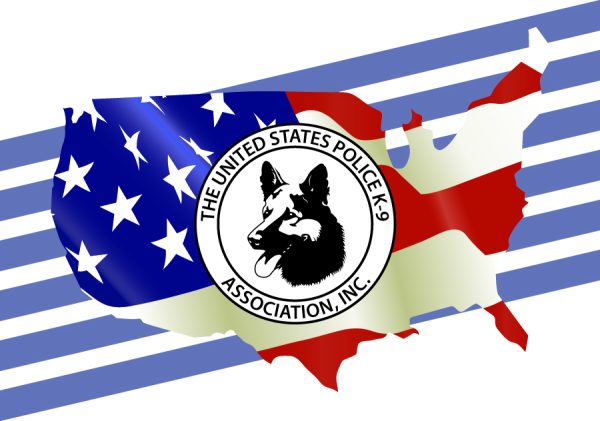
In 2023, the Florida Legislature created the Florida Safe Schools Canine Program “for the purpose of designating a person, school, or business entity as a Florida Safe Schools Canine Partner (FSSCP) if the person, school, or business entity provides a monetary or in-kind donation to a law enforcement agency to purchase, train, or care for a firearm detection canine.”
Nominees and applicants can be considered for the Florida Safe Schools Canine Partner designation with demonstrated support for school safety by providing monetary or in-kind donations to help with the ongoing care and expenses of a firearm detection canine which include, but are not limited to, veterinary care such as wellness checks and medicine, food; interactive and training toys, grooming, and necessary equipment such as collars and leads.
Program information:
Section 1006.121, Florida Statutes
Chapter 6A-1.0020, Florida Administrative Code
The United States Police Canine Association, Inc. (USPCA) was established in 1971 when two canine associations joined. Much has been learned about Police Canines in over fifty years of service, but there is still more to be done to develop their potential. Our members have found that participation in USPCA certifications and training is an invaluable tool for performing their jobs. The strength of both the Regional and National offices lies in the diversity of the membership. This diversity facilitates the sharing of ideas and information within an organized, neutral forum. Some of our member benefits include an extensive repository of training articles along with information designed to keep everyone updated. The USPCA is the nation’s largest, continuously operating organization that promotes quality-trained and certified canine teams.

To be awarded a title of Public Service Dog, a dog must have worked for a minimum of two years and received a minimum of two certifications in its discipline from the United States Police Canine Association (USPCA).
The AKC offers three titles to help identify the accomplishments of these outstanding dogs.
A detection dog is trained to locate and alert to a substance which may be illegal or unauthorized to possess. Examples include illegal narcotics, explosives, cadaver work, accelerant detection, game detection and contraband detection which is unauthorized to possess within a correctional facility, jail, or prison.
A patrol dog is trained in criminal apprehension, human scent detection, obedience, and evidence detection.
A tracking dog is trained to detect and follow the scent of a specific person and/or locating evidence on that track and to discriminate from a cross-track (separate person).
Website by MosierData